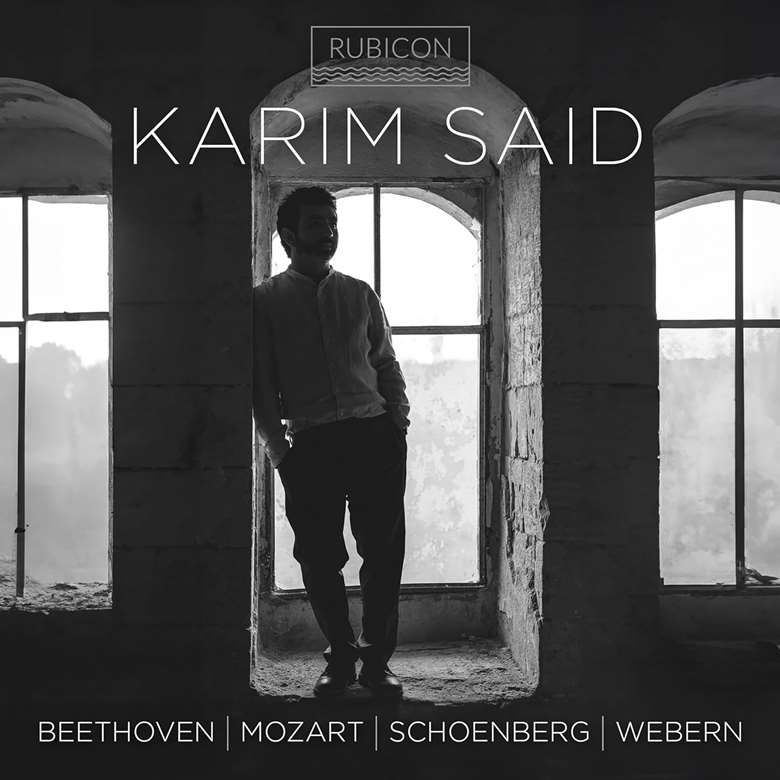Review - Beethoven | Mozart | Schoenberg | Webern (Karim Said)
Bryce Morrison
Friday, August 30, 2024
With pianists of the stature of Schnabel, Brendel, Richter, Gilels and most recently Cédric Tiberghien in the catalogue, this is hard to recommend

Register now to continue reading
This article is from International Piano. Register today to enjoy our dedicated coverage of the piano world, including:
- Free access to 3 subscriber-only articles per month
- Unlimited access to International Piano's news pages
- Monthly newsletter












